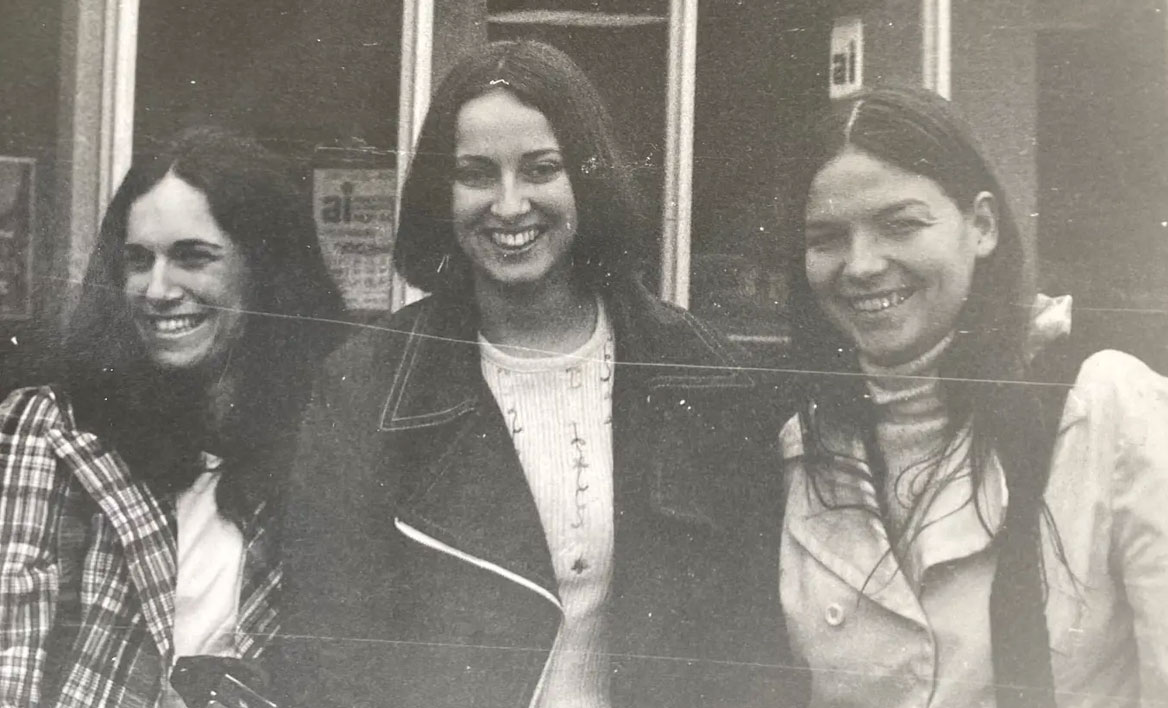
Alumna follows her heart, endows scholarship for social work students
Marjorie A. Stuckle, Ph.D. (M.S.W.’73), is a nearly lifelong New Yorker, semi-retired and living in the center of Manhattan. But she left her heart in Richmond – and, more specifically, at Virginia Commonwealth University.
Stuckle, a former clinician, educator and administrator focused on mental health, is giving back to the VCU School of Social Work through the Dr. Marjorie A. Stuckle Endowed Scholarship, supporting out-of-state Master of Social Work students who have financial need. Stuckle earned an M.S.W. from VCU in 1973.
“It’s been 50 years since graduation, and this is a time of reflection for me,” she says. “I’m looking back and considering what were the most important, impactful moments in my life. And I must say VCU because it provided a gateway to an enriching career. That is why I endowed a scholarship.”
“I spent my college years in New York, working in child welfare and therefore was eager to try something new. I was lucky to receive a scholarship from VCU, and that sealed my decision to enroll there,” she says.
Stuckle applied to social work programs all over the country but found the city of Richmond both appealing and fascinating.
“I just feel so grateful,” Stuckle says. “I felt supported at VCU. We were a small class. The student government was active. 1971 was a time of social activism. Dr. Terry Mizrahi came to my apartment in The Fan, and students sat on the floor around her as she introduced us to social justice issues.”
Because of social justice issues discussed in class, Stuckle marched in Washington, D.C., against the Vietnam War alongside U.S. military veterans who had returned from the conflict.
One of her field placements was at the Department of Veterans Affairs psychiatric hospital in Salem, Virginia, a three- to four-hour drive from Richmond. “It was a beautiful drive but a primitive facility at that time,” she says. “It opened me up to the conditions on the inpatient wards and the need for community mental health.”
Stuckle says her VCU professors encouraged her to pursue a Ph.D. at a time when very few schools had a doctorate in social work. “The seed was planted,” she says. “I would later move back to New York and first graduate from a four-year program at an analytic institute to solidify my clinical knowledge, and later graduate with a Ph.D. in social work from NYU.”
Stuckle worked in private practice in New York. She taught psychiatry classes to medical students at Albert Einstein College of Medicine; directed mental health services in a variety of settings including as department director of mental health for the Archdiocese of New York, administering programs from Staten Island to Albany; and was the administrator of mental health clinics for UJA, a philanthropic organization serving the Jewish community in New York, Israel and around the world. She went on to her final position as government liaison to New York state for the Medicaid plan at Blue Cross Blue Shield.
She has had a diverse career, which sprang in large part from her social work degree from VCU. “My hope for this profession is that we can recruit students because we have a great need right now,” she says.
Her scholarship endowment is a start, and one she encourages other alumni and supporters to explore. “No. 1, it was very easy due to the development staff at the school,” she says. “The second part of it is that it renews your gratitude for all those who prepared you for this field. Often people my age are looking back at their lives. It’s a reaffirming experience.”
In semi-retirement, Stuckle continues her private practice, is taking writing classes and is starting to work on a memoir. She’s learning piano and is passionate about travel. Semi-retirement appears to be a very busy time.
“As a student, my scholarship wasn’t just about the money, though it helped,” she says. “It was representative of the environment and a sense of community. And the school was at the heart of it."
A version of this article was previously published by the VCU School of Social Work.
To support the VCU School of Social Work, visit support.vcu.edu/give/socialwork.